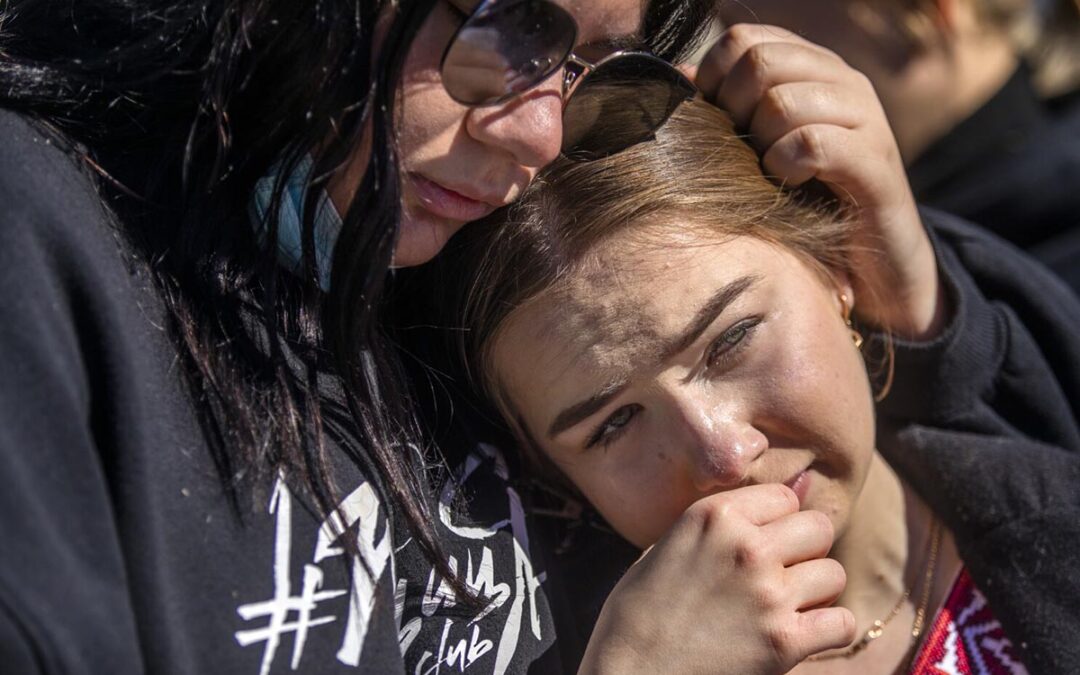In January 2020, as part of the World Health Organization’s (WHO) special initiative for mental health, Ukraine was selected as a priority country. Research by the World Bank Group shows that mental disorders are the country’s second leading cause of disability burden and affect up to 30% of the population. The country is also victim to particularly high rates of depression, anxiety disorders, substance abuse disorders, and suicide. Although Ukraine has been a focus of discussion in the media only recently, the country has been at war since 2014 as the Eastern region has been under armed conflict. The Russian Federation’s seizure and annexation of Crimean Autonomous Republic led to the beginning of the Russo-Ukrainian War eight years ago. Armed conflict over several years has also led to the additional problems of displacement and statelessness.
The causes behind the mental health crisis in Ukraine may be traced back to the East European country’s history. Ukraine was part of the Soviet Union from 1920-1991. However, the country became independent when Soviet rule ended in 1991. Psychiatry was used as a means of repression in Soviet rule. It was believed that those who resisted the Soviet regime were mentally ill and therefore were subjected to imprisonment in the psychiatric hospital (Voren, 2003). The report by the World Bank Group further noted that as a result, many among the older generation may be reluctant to seek mental health care. Furthermore, even in today’s times, almost three decades after the end of the Soviet era, the people of Ukraine are impacted by stigma and shame regarding mental health and mental health care, as it is said to create a negative impact in their communities and reduce employment opportunities. There is a lack of awareness and understanding of mental health in the country which may contribute to the reluctance and stigma.
The allocation of monetary resources for mental health in 2020, was only 2.5% of the total health budget. The Covid-19 pandemic has also had severe damaging consequences for mental health care in the country. According to the Association of Psychiatrists in Ukraine, on account of the pandemic, more than 75% of patients lost access to mental health services in 2020. Armed conflict has also impacted the children of Ukraine adversely. As per the United Nations Office for the Coordination of Humanitarian Affairs (OCHA) it was estimated that one in four children is in need of psychosocial support services in Eastern Ukraine in 2020.
With the Russian invasion of Ukraine in 2022, several people have lost their homes, families, identities as well as their sense of safety and security. According to a Columbia University study, exposure to war may lead to the development of post-traumatic stress disorder (PTSD), depression, and anxiety. As a country already battling a mental health crisis, the invasion may only lead to the worsening of mental health problems and an urgent need for immediate mental health services such as psychological first aid as well as long-term interventions. Needless to say, the ongoing crisis poses an even greater challenge for the country, not only in the form of tangible damage but also mental health repercussions on the population.
Andrew Kent MD, a certified child and adolescent psychiatrist who specializes in working with post-traumatic stress disorder (PTSD) puts the agony Ukrainians are facing in words, “You aren’t just grieving a person; you are grieving your entire existence.”
– Urveez Kakalia and Niharika Bhatia.

